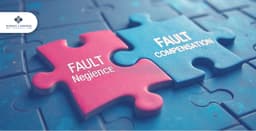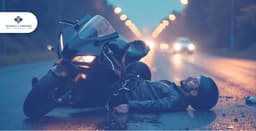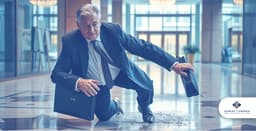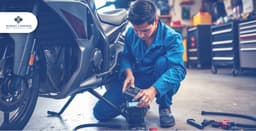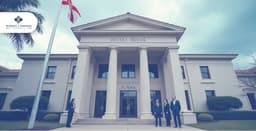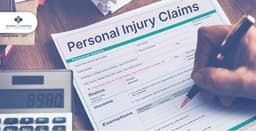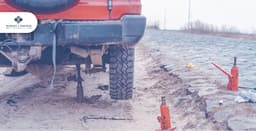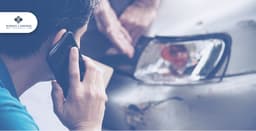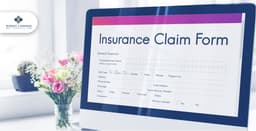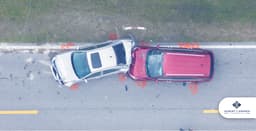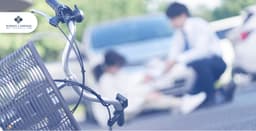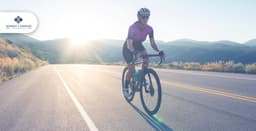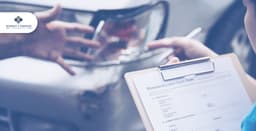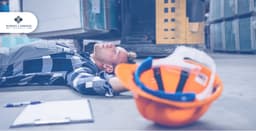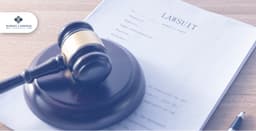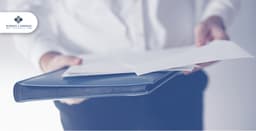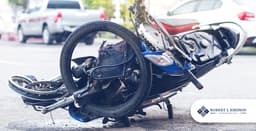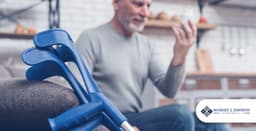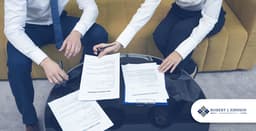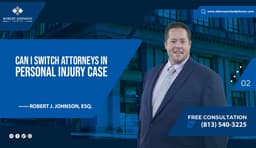
November 14, 2024
Top 11 Safety Tips for Cyclists to Prevent Accidents
We Americans care a lot about health and fitness, and cycling is one of the best ways to stay in shape. Many of us have even found cycling to be an effective way to relieve stress and get therapeutic benefits. Besides being fun, cycling is also a main form of transportation for many people. As this is part of outdoor physical exercise or transportation, it’s important to take safety seriously. According to the U.S. Centers for Disease Control and Prevention, approximately 1,000 bicycles die each year in traffic incidents in the United States, with over 130,000 injured. This shows how serious bicycle safety is.
To help prevent accidents, we've put together 11 important safety tips below that can greatly reduce your chances of getting into a crash.
Tip 1. Always Wear a Helmet
When it comes to bicycle safety, wearing the right gear is essential. In Florida, helmets are required by law for cyclists under 16 years old, but it’s a smart choice for everyone. Wearing a helmet protects your head in case of a fall or accident.
But don’t stop there—consider adding protective clothing like gloves, knee and elbow pads, and reflective gear. These items provide extra protection if you fall and help make you more visible to drivers, reducing the chance of accidents. Remember, the right safety gear is your best defense against injuries.
Tip 2. Follow Traffic Rules and Ride Predictably
In Florida, cyclists must follow the same traffic laws as drivers. This means stopping at stop signs and red lights, using hand signals when turning or changing lanes, and always riding in the same direction as traffic. When you follow the rules and ride predictably, drivers know what to expect from you, making the roads safer for everyone.
Tip 3. Maintain Your Bike Properly
Keeping your bike in good condition is key to safe riding. Regularly check the tire pressure—underinflated tires can make your bike wobbly, while overinflated ones can make it hard to control.
Test your brakes to make sure they work well and replace worn-out brake pads to avoid long stopping distances. Lubricate the chain and check the gears for smooth shifting, ensuring your bike runs smoothly.
Make sure your lights and reflectors are working, especially if you ride in low light. Finally, inspect the frame and fork for any cracks or damage, and ensure that quick releases are securely fastened to prevent any parts from coming loose.
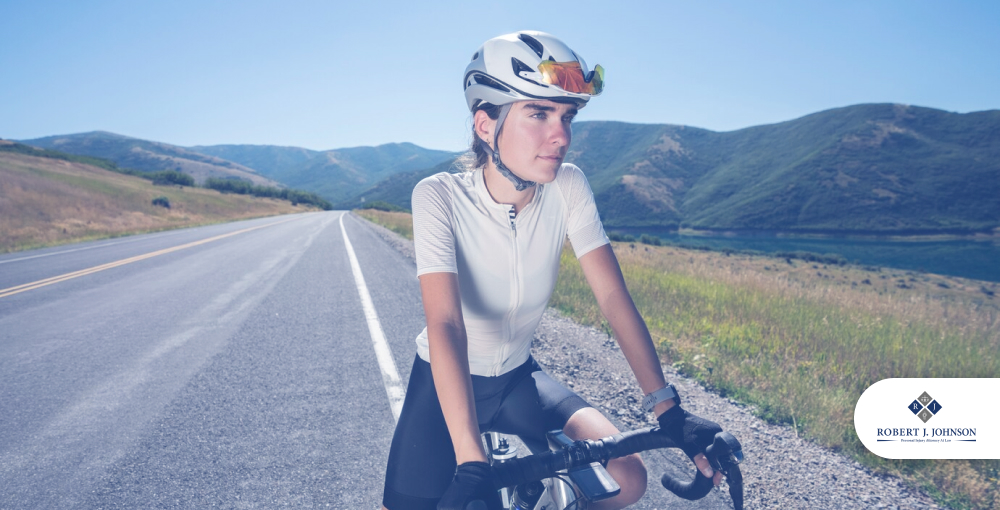
Tip 4. Stay Visible and Be Seen
Being seen by drivers is crucial for your safety. Wear bright or reflective clothing, especially if you’re riding in low light or at night. Use front and rear lights on your bike to make yourself more visible.
According to the law, your bike must have a white light on the front that can be seen from at least 500 feet and a red light and reflector on the back visible from 600 feet.
You can also add extra lights or reflectors to make yourself even more visible. The more visible you are, the less likely you are to be in an accident.
Tip 5. Use Hand Signals and Communicate Your Intentions
When you’re riding, let others know what you plan to do. Use hand signals to show when you’re turning left, right, or stopping. Clear communication helps drivers and other cyclists understand your movements, so they can keep a safe distance and avoid collisions.
Tip 6. Ride Defensively and Stay Alert
Always be aware of what’s going on around you. Keep an eye out for cars, pedestrians, and other cyclists, and be prepared to react quickly if someone makes an unexpected move. Assume that drivers might not see you, and be ready to take action to stay safe.
Tip 7. Avoid Distractions
When you’re on your bike, stay focused. Don’t use your phone, listen to music with both earbuds, or do anything else that might take your attention away from the road. Distractions can make you miss important signals or obstacles, leading to accidents.
Tip 8. Be Mindful of Blind Spots
When riding near cars, it’s important to stay out of their blind spots. These are areas where the driver can’t see you. Ride either slightly ahead or behind vehicles, but never directly next to them, especially large trucks and buses with bigger blind spots.
Use your mirrors to check for approaching cars, and when passing, do so quickly while keeping a safe distance. Practicing safe positioning around vehicles can greatly reduce your risk of accidents.
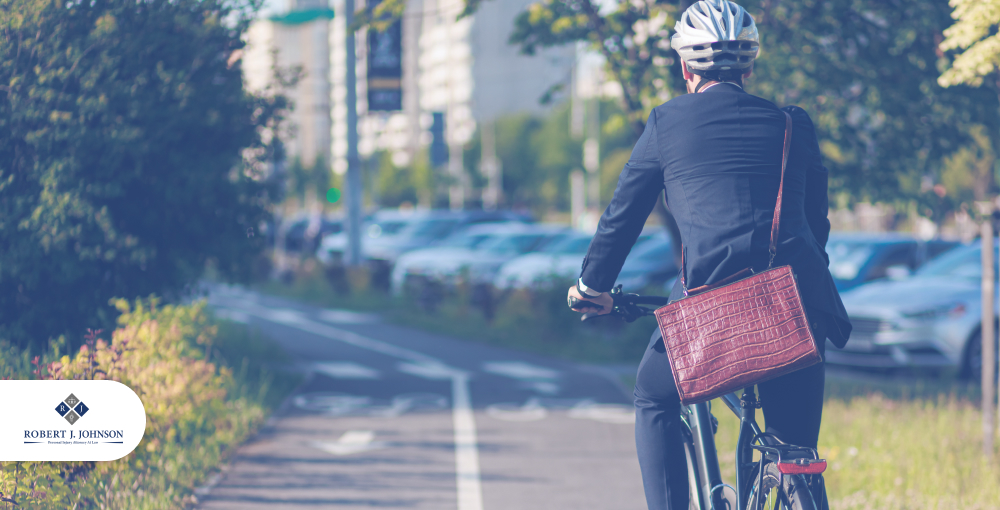
Tip 9. Choose Safe Routes & Keep Distance From Parked Car
Florida has many bike lanes and paths that are safer for cyclists. Use them whenever you can to avoid busy roads and reduce the risk of accidents.
When riding near parked cars, keep at least three feet of space between you and the vehicles. This buffer zone gives you room to react if a car door suddenly opens. Watch for people getting out of cars or pedestrians stepping out between parked cars.
Tip 10. Improve Your Riding Skills
Taking a cycling course can help you become a better, safer rider. These courses are available for all skill levels, from beginners to advanced cyclists. They teach important skills like choosing the right bike, understanding the basic parts, using essential equipment, and safely riding in different traffic conditions, terrains, and weather.
For example, The League of American Cyclists offers courses designed to boost your confidence and competence on the road.
Tip 11. Stay Aware of Road & Weather Condition
Florida’s weather can change quickly, so it’s important to stay aware of road and weather conditions. Check the weather forecast before you ride to prepare for rain, wind, or sudden temperature changes.
Wet roads can be slippery, so reduce your speed and be cautious. Avoid riding during heavy rain or storms for your safety. Also, watch out for potholes or uneven surfaces that could make riding more difficult.
Adapting to Florida’s unique weather challenges—like carrying rain gear, staying hydrated in hot weather, and using sun protection—will help you have a safer cycling experience.
Experienced Any Recent Bicycle Accident? Our Personal Injury Attorney Is Here For You
If you've been hurt in a bicycle accident, Robert J. Johnson, our experienced personal injury attorney, is here to support you. He has over 20 years of valuable experience in the legal community and insurance industry. It’s quite understandable the unique challenges cyclists face, especially in Florida, and Robert is dedicated to helping you get the compensation you deserve.
Robert will guide you through every step of the process, protect your rights, and help you recover from your injuries. He also handles other personal injury cases, as well as all types of vehicle accidents.
Contact him today at (813) 540-3225 or email at attorneyRobJohnson@gmail.com for a free consultation. Your well-being is our priority.

